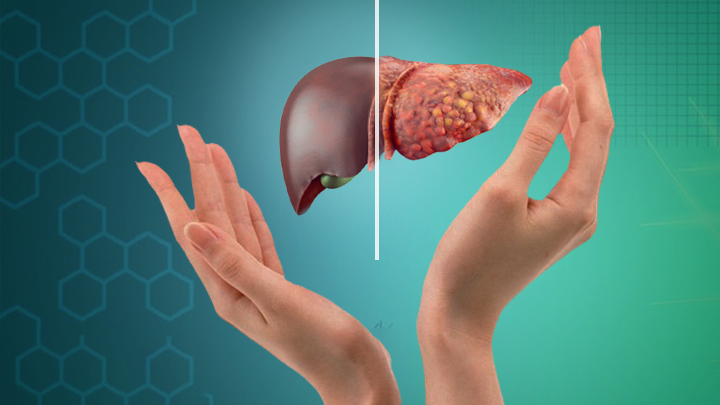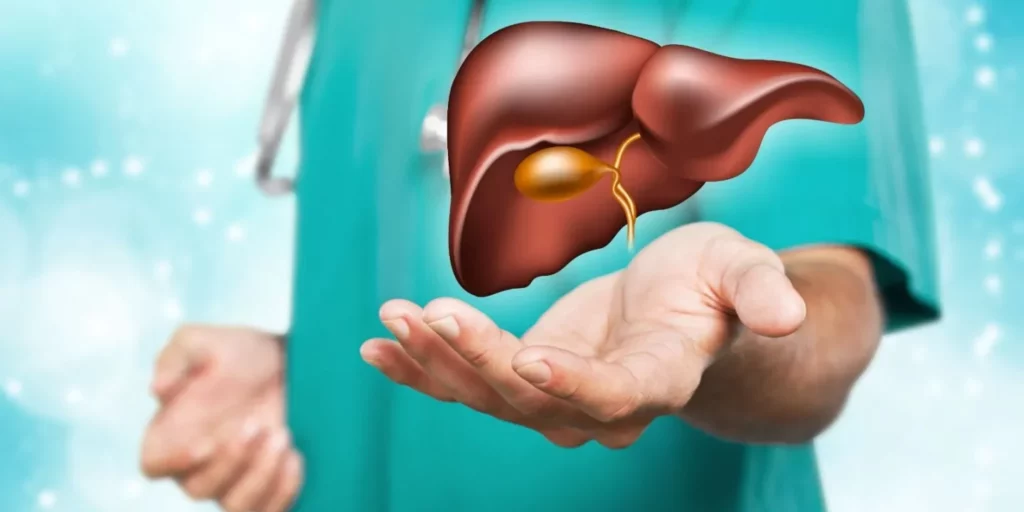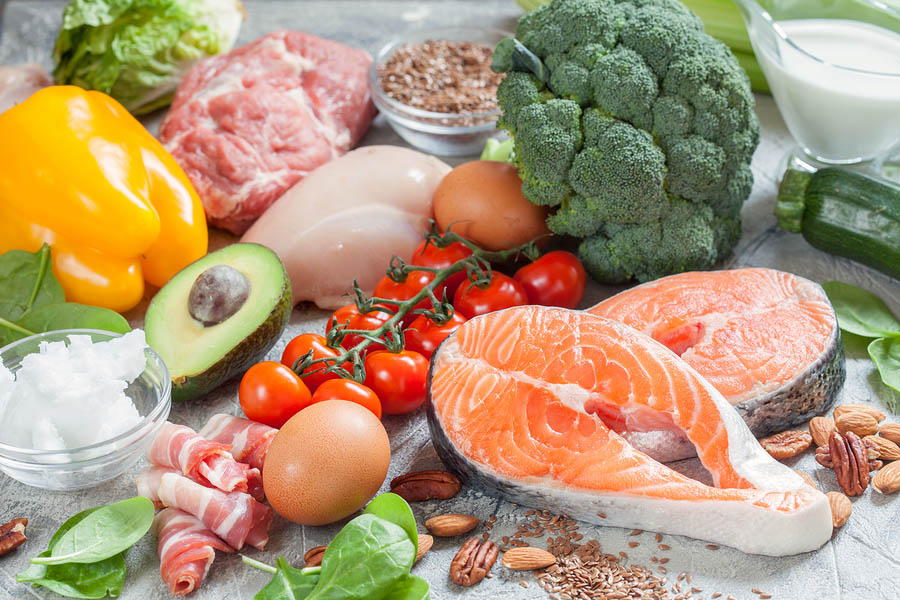A well-planned diet plays a crucial role in managing fatty liver disease. By making informed dietary choices, individuals can support their liver health and improve their overall well-being. In this article, we will explore the best drinks for fatty liver, foods to avoid, and nutritious meals that promote a healthy liver.
What is the Best Drink for Fatty Liver?
Maintaining proper hydration is essential for liver health. When it comes to beverages, consider incorporating the following options into your diet:
a) Green Tea: rich in antioxidants, green tea helps reduce inflammation and fat accumulation in the liver.
b) Water: staying hydrated with plain water helps flush out toxins and aids in the liver’s detoxification process.
c) Beetroot Juice: packed with antioxidants and nitrates, beetroot juice supports liver function and may reduce fatty deposits.

What Foods to Avoid if You Have a Fatty Liver?
Certain foods can exacerbate fatty liver symptoms and should be limited or avoided. These include:
a) Processed Foods: highly processed foods are often high in unhealthy fats, refined sugars, and additives that can contribute to liver damage.
b) Sugary Beverages: soft drinks, energy drinks, and sweetened juices are high in added sugars, leading to fat buildup in the liver.
c) Fried Foods: foods that are deep-fried or cooked in unhealthy oils can increase liver inflammation and worsen fatty liver.
What Meals Are Good for Fatty Liver?
A well-balanced diet rich in nutrients can support liver health. Consider incorporating the following meals into your fatty liver diet:
a) Leafy Green Salad with Grilled Chicken: packed with vitamins, minerals, and antioxidants, this meal offers a healthy dose of protein and fiber.
b) Baked Salmon with Steamed Vegetables: salmon is a great source of omega-3 fatty acids, which can reduce liver inflammation. Pair it with steamed vegetables for added nutrition.
c) Quinoa and Vegetable Stir-Fry: quinoa is a whole grain that provides essential nutrients and fiber. Combine it with a colorful assortment of vegetables for a nutritious, liver-friendly meal.

When it comes to managing fatty liver, a well-planned diet is key. By choosing the right drinks, avoiding certain foods, and incorporating nutritious meals, individuals can support their liver health and work towards improving their condition. However, it is essential to consult with a healthcare professional or a registered dietitian for personalized advice tailored to your specific needs.
Aditional Tips
Additionally, it’s important to note that portion control and maintaining a healthy weight are crucial for individuals with fatty liver disease. Excess weight and obesity can contribute to the progression of the condition. Here are a few more tips to support a healthy diet for fatty liver:
Limit Alcohol Consumption:
Because alcohol can cause inflammation and damage to the liver, particularly for individuals with fatty liver disease, it’s best to avoid or minimize alcohol intake to protect liver health.
Choose Whole Foods:
Opt for whole, unprocessed foods whenever possible. Fresh fruits, vegetables, lean proteins, whole grains, and legumes are excellent choices. These foods provide essential nutrients while minimizing the intake of added sugars, unhealthy fats, and additives.
Include Healthy Fats:
While it’s important to avoid unhealthy fats, incorporating healthy fats into your diet is beneficial for liver health. Include foods such as avocados, nuts, seeds, and olive oil, which provide monounsaturated fats and omega-3 fatty acids.
Moderate Your Salt Intake:
Certainly, Excessive salt consumption can lead to fluid retention and may worsen liver-related complications. Limit your intake of high-sodium processed foods and opt for fresh, whole foods seasoned with herbs and spices instead.
Regular Physical Activity:
In combination with a healthy diet, regular physical activity can aid in weight management and improve liver function. Aim for at least 150 minutes of moderate aerobic activity per week, along with strength training exercises.














